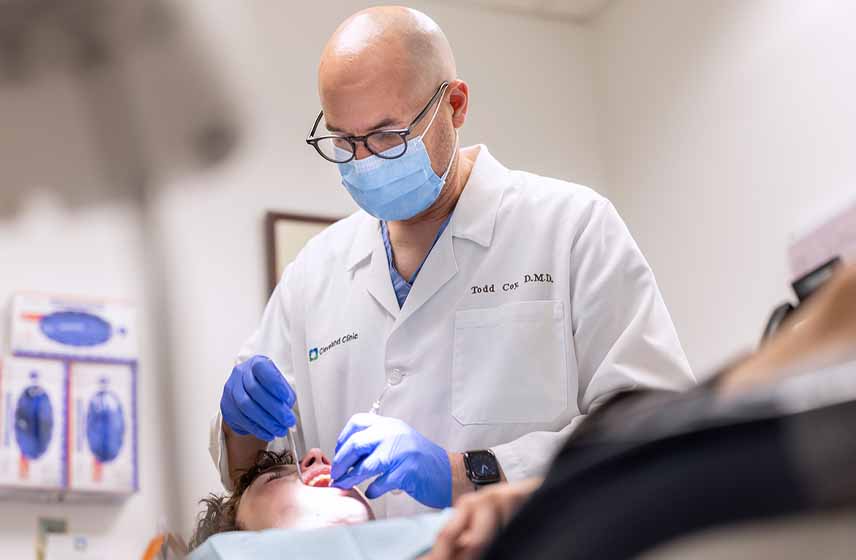Porcelain Veneers Washington DC: Your Path to a Brighter Smile
Porcelain Veneers Washington DC: Your Path to a Brighter Smile
Blog Article
Usual Inquiries Regarding Oral Veneers Responded To
Dental veneers have actually ended up being an increasingly desired choice for those wanting to boost their smiles, yet many people stay uncertain regarding numerous elements of their use. Trick concerns usually arise pertaining to the application procedure, longevity, and possible threats connected with these cosmetic improvements. The difference between porcelain and composite veneers can significantly affect one's option. As we check out these common questions, it becomes important to think about not only the advantages but additionally the implications of choosing dental veneers in search of a much more confident appearance. What aspects should one weigh before making such a decision?
What Are Dental Veneers?
Oral veneers are slim, custom-made coverings crafted from porcelain or composite resin that are created to cover the front surface area of teeth. These oral prosthetics offer both visual and functional functions, supplying a service for different oral blemishes, consisting of staining, chips, voids, and imbalance. By sticking to the teeth, veneers can significantly enhance the overall appearance of a smile, producing a much more appealing and consistent appearance.
Porcelain veneers are especially preferred for their all-natural clarity and stain resistance, making them an optimal selection for people looking for resilient outcomes. On the other hand, composite resin veneers are typically cheaper and can be applied in a single visit, but they may not provide the very same toughness as porcelain alternatives.
The choice to opt for dental veneers frequently originates from a need for visual renovation, but people need to additionally consider factors such as the longevity of the material, maintenance demands, and the prospective need for tooth decrease (Low Cost Veneers). Inevitably, oral veneers stand for a reliable and functional remedy for attaining a radiant smile, dealing with specific aesthetic requirements while promoting self-confidence and self-confidence
How Are Veneers Applied?
The application process for veneers needs mindful planning and precision to make certain optimal outcomes. The treatment commonly begins with a comprehensive appointment, where the dental expert assesses the patient's oral health, talks about wanted results, and determines the appropriate kind of veneers, whether porcelain or composite resin.
When the therapy strategy is established, the dental professional prepares the teeth by eliminating a thin layer of enamel, generally regarding 0.5 mm to 1 mm, to accommodate the veneer. This step is crucial as it makes certain an appropriate fit and prevents the veneers from showing up bulky - Low Cost Veneers. After preparation, impacts of the teeth are taken to create customized veneers that match the client's unique oral structure and aesthetic choices
While the permanent veneers are being made in a dental laboratory, short-lived veneers may be positioned to protect the ready teeth. Once the permanent veneers are prepared, the dentist will very carefully bond them to the teeth utilizing a strong oral adhesive. Final modifications are made to make sure appropriate placement and bite, followed by brightening for an all-natural appearance. The process finishes in a follow-up consultation to keep track of the veneers' fit and the client's complete satisfaction with their new smile.
What Are the Conveniences?

In addition, veneers are known for their longevity and resistance to staining compared to all-natural teeth. Made from top quality products such as porcelain or composite material, they can keep their appearance for years with correct care. This longevity makes them a useful financial investment in one's dental look.
Along with aesthetic improvements, veneers can likewise add to boosted dental health. By covering damaged or compromised teeth, they can offer extra support and security, assisting to avoid further decay or damage. This protective aspect can reduce the need for much more considerable oral treatments in the future.

How Much Time Do They Last?
With correct care and maintenance, oral veneers can last anywhere from 10 to 15 years, making them a lasting solution for boosting one's smile. The longevity of veneers mostly relies on the product used, the high quality of the initial placement, and the individual's adherence to dental hygiene practices.
Porcelain veneers are understood for their durability and resistance to discoloration, typically lasting closer to the 15-year mark when cared for properly. Compound veneers, while a lot more budget-friendly, may require replacement faster, commonly within 5 to one decade as a result of their vulnerability to use and staining.

In addition, wearing a mouthguard throughout sporting activities or nighttime can provide additional defense. Ultimately, while veneers provide a substantial visual enhancement, their durability is dramatically affected by the commitment to appropriate dental treatment and regular assessments with an oral specialist.
Are There Any Risks?
Thinking about the transformative impacts of oral veneers, it is necessary to recognize the potential risks related to their application. While veneers can improve the look of teeth, the treatment entails the elimination of a slim layer of enamel, which can raise tooth sensitivity and susceptability to degeneration.
One substantial threat is the opportunity of inappropriate positioning or suitable, resulting in discomfort, bite misalignment, or even damage to the underlying tooth structure. Additionally, if the veneers are not kept properly, they can end up being tarnished or broken gradually, requiring replacement.
Clients may also experience allergies to the materials made use of in the veneers, specifically if they have level of sensitivities to specific dental composites. While veneers are resilient, they are not indestructible; excessive pressure from clenching or grinding can lead to cracks.
It is crucial for individuals to seek advice from with a qualified oral expert to assess their individual dangers and to comply with aftercare guidelines vigilantly. By understanding these threats, clients can make informed choices regarding their oral veneer therapy and ensure the long life and success of their enhancements.
Verdict
In recap, dental veneers stand for a beneficial cosmetic service for improving smiles, with factors to consider regarding their application, advantages, durability, and linked risks. Eventually, notified decision-making pertaining to dental veneers can lead to satisfying visual results and improved dental health and wellness.
Oral veneers are slim, custom-made shells crafted from porcelain or composite resin that are developed to cover the front surface area of teeth. After prep work, impressions of the teeth are taken to create custom veneers that match the client's special oral structure and visual choices.
While the irreversible veneers are being made in an oral research laboratory, short-lived veneers might be read this positioned to secure the prepared teeth. As soon as the permanent veneers are ready, the dental practitioner will very carefully bond them to the teeth using a solid dental adhesive. Eventually, informed decision-making concerning oral veneers can lead to acceptable aesthetic outcomes and enhanced oral health and wellness.
Report this page